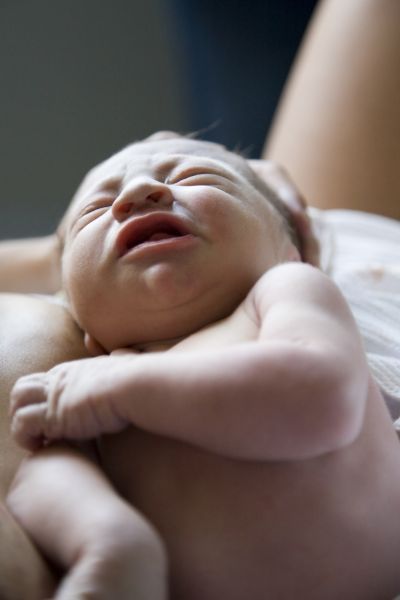Maternal mortality halved in ex-Soviet bloc, Balkans: UN agency

Your support helps us to tell the story
From reproductive rights to climate change to Big Tech, The Independent is on the ground when the story is developing. Whether it's investigating the financials of Elon Musk's pro-Trump PAC or producing our latest documentary, 'The A Word', which shines a light on the American women fighting for reproductive rights, we know how important it is to parse out the facts from the messaging.
At such a critical moment in US history, we need reporters on the ground. Your donation allows us to keep sending journalists to speak to both sides of the story.
The Independent is trusted by Americans across the entire political spectrum. And unlike many other quality news outlets, we choose not to lock Americans out of our reporting and analysis with paywalls. We believe quality journalism should be available to everyone, paid for by those who can afford it.
Your support makes all the difference.The maternal mortality rate has decreased by 50 percent in a decade in some ex-Soviet bloc and Balkan countries, the United Nations Population Fund (UNFPA) said in a report unveiled Thursday.
The rate of women dying just before, after or during birth went down from 51 to 24 in 100,000 births between 2000 and 2009, according to the report on former 12 former Soviet bloc countries, not including Baltic states, and eight southeast European countries including Turkey.
Abortion rates were reduced by more than 50 percent in 15 years from 1,049 to 493 compared to 1,000 births in the region, which still has one of the highest rates of abortion in the world, the report said.
"There is a lot of achievement in this region, but we still have an agenda to go because we are lacking behind on the Millennium goal number five"," Thea Fierens, regional director of UNFPA, said.
In 2008, the UN established a set of Millennium Development Goals, one of which envisages a 75 percent reduction in maternal mortality by 2015.
"We really want to meet this objective to make sure that every birth is safe, that every child is wanted and that everyone has access to primary healthcare, including migrants, including young people, including internally diplaced people and including Roma," Fierens said.
Join our commenting forum
Join thought-provoking conversations, follow other Independent readers and see their replies
Comments